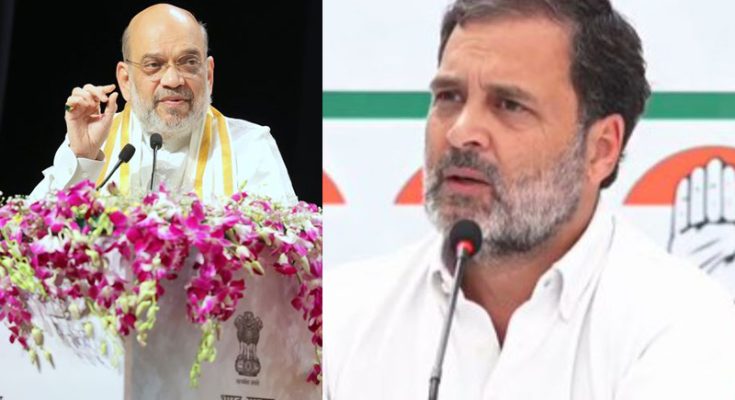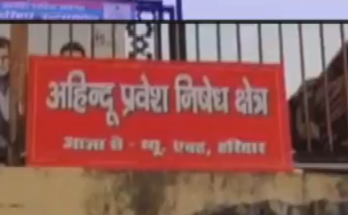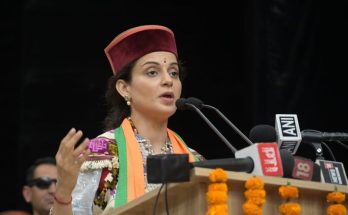#MallikarjunKharge, #RaulGandhi, #ElectionCommission, #Congress, #BJP
New Delhi/IBNS-CMEDIA: The Election Commission on Saturday issued notices to BJP president JP Nadda and Congress president Mallikarjun Kharge, seeking explanations for alleged poll code violations by their star campaigners, Amit Shah and Rahul Gandhi, media reports said.
Both parties must respond by 1 a.m. on Monday, just two days before voting begins in Maharashtra and the second phase of polling in Jharkhand, reported NDTV.
The BJP lodged a complaint against Rahul Gandhi, accusing him of making inflammatory remarks during a November 6 speech in Mumbai.
According to the BJP, Gandhi falsely claimed that other states were “stealing and snatching opportunities” from Maharashtra, which they alleged was an attempt to incite the state’s youth and create divisions between Maharashtra and other states like Gujarat.
The BJP described Gandhi’s statements as “falsehoods and lies” aimed at fostering disaffection and enmity between states.
In a counter-complaint, the Congress accused Home Minister Amit Shah of delivering “false, divisive, and slanderous” remarks about the Congress and its allies during a rally in Dhanbad on November 12.
The Congress claimed Shah alleged that the party opposed Scheduled Castes (SC), Scheduled Tribes (ST), and Other Backward Classes (OBCs), promoted terrorism, and planned to take away reservations from these communities to benefit a specific religious minority group.
The Congress argued that Shah’s comments were intended to incite voters along religious and caste lines, thereby influencing them to support the BJP.
The model code of conduct requires political parties and candidates to avoid actions that could exacerbate divisions or create tension among different communities, castes, or religions.
It also stipulates that criticism of other parties must focus on their policies, programs, and past performance, avoiding personal or divisive attacks.





